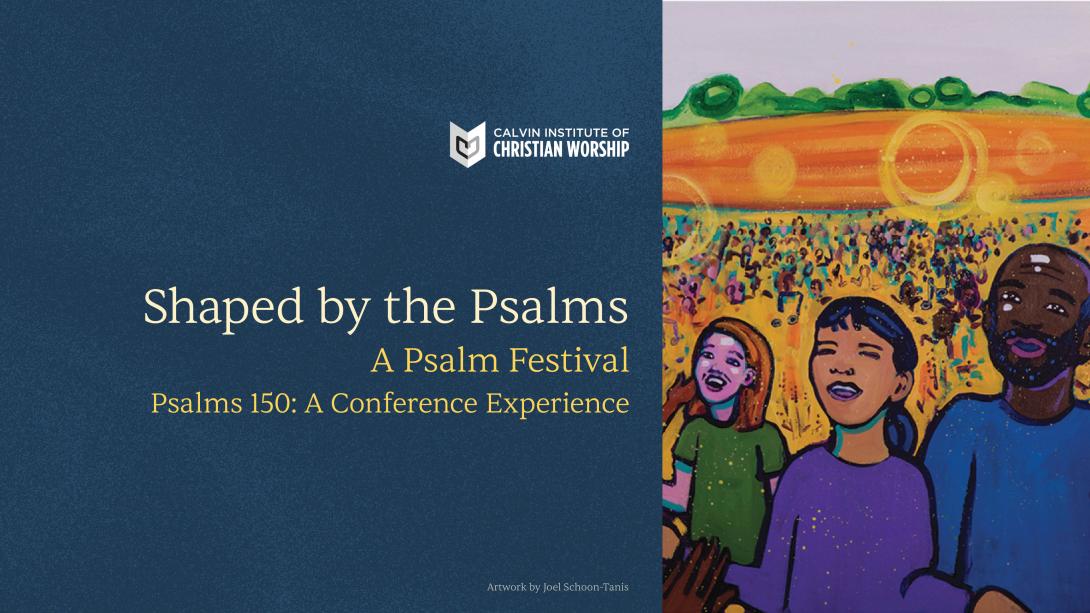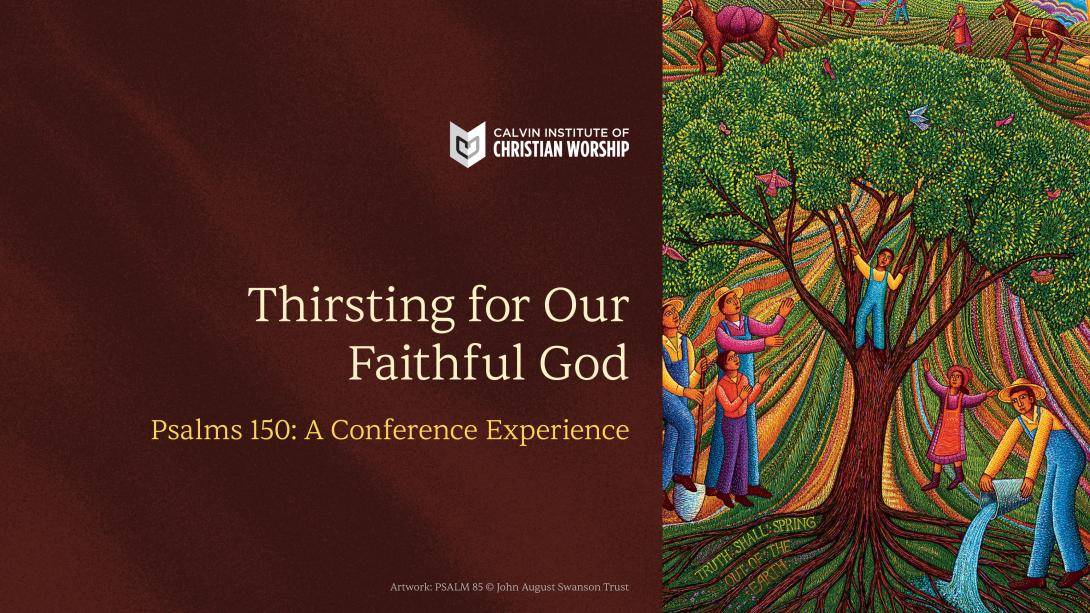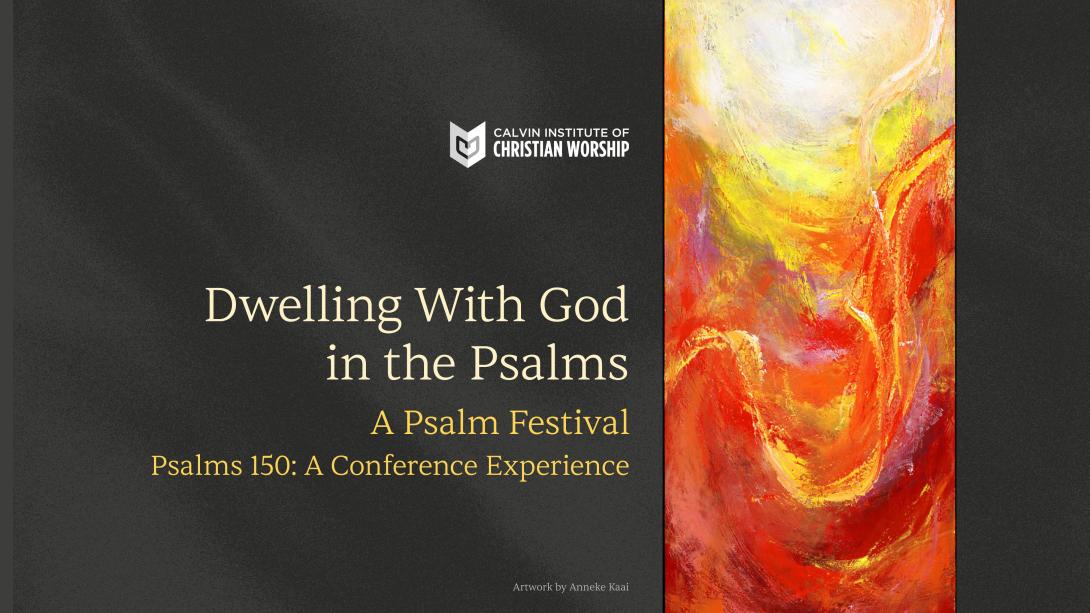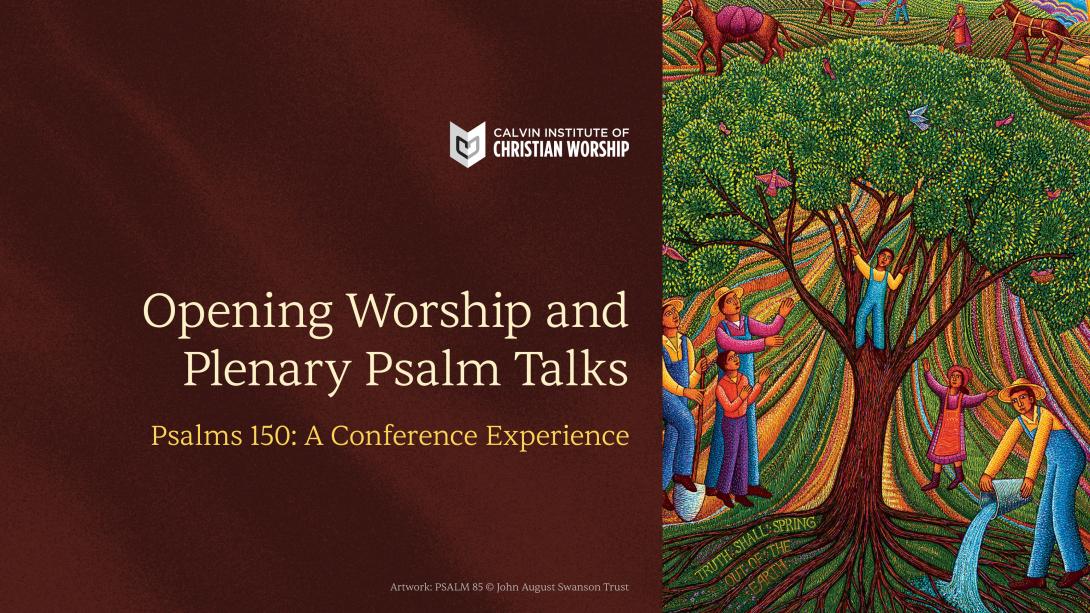Psalm 137
How does this psalm piece interpret the psalm?
“So Far from Home” is perhaps the first congregational song to include a curse word. Before passing judgment about the indelicacy of such a poetic move, let’s consider its theological appropriateness. Psalm 137 ends with the imprecation: “Happy shall they be who take your little ones and dash them against the rock!” What are we to do with such an expression of vengeance? Should we sing the pleasant parts of the psalm and just skip this? Do we believe that vengeful feelings no longer apply in the age of Christ? Do we simply put the imprecation on people’s lips without examination?
I chose to interpret this imprecation as a curse—specifically, the curse words “God damn.” It retains the shock of the original psalm while turning from the violence of killing babies to damning some modern forces of human oppression and misery: slave traders, pimps, and wars. At its core, Psalm 137 ends with righteous anger. I attempted to transplant that righteous anger in a way that makes sense for a modern worshiper.
Psalm 137’s message of enslavement, homesickness, and vengeance has never been more timely. Perhaps an unblinking musical setting like this will allow its message to speak in a new way.
Realistically, few congregations will sing this as a group. However, I could imagine it being performed in conjunction with the scripture reading and sermon, perhaps with scripture and lyrics displayed side by side.
Text and Music: Psalm 137; Greg Scheer, © 2015 Greg Scheer
Used by permission. CCLI #400063.
Contact: CCLI License or Greg Scheer, greg@gregscheer.com





